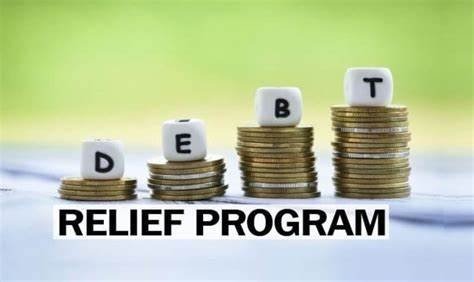Business debt refers to the money borrowed by a company to finance its operations, expansion, or investments. It can be a valuable tool for growth, but it must be managed responsibly to avoid financial difficulties. Business debt can come in various forms, each with its own terms, interest rates, and repayment schedules.

Types of Business Debt
-
Term Loans:
- Description: Term loans are lump-sum loans repaid over a specified period with a fixed or variable interest rate.
- Use: Financing long-term investments, such as equipment purchases or business expansion.
- Key Features: Fixed repayment schedule, collateral requirements, and interest rates.
-
Lines of Credit:
- Description: Lines of credit provide access to a predetermined amount of money that can be drawn down and repaid as needed.
- Use: Managing cash flow, covering short-term expenses, and handling emergencies.
- Key Features: Revolving credit, variable interest rates, and flexibility in borrowing.
-
Credit Cards:
- Description: Business credit cards offer a revolving line of credit for purchases and expenses.
- Use: Day-to-day expenses, travel, and small purchases.
- Key Features: High-interest rates, rewards programs, and convenience.
-
Invoice Financing:
- Description: Invoice financing allows businesses to borrow against outstanding invoices.
- Use: Improving cash flow and managing working capital.
- Key Features: Quick access to funds, fees based on invoice amounts, and short-term financing.
-
Equipment Financing:
- Description: Equipment financing provides loans specifically for purchasing business equipment.
- Use: Acquiring necessary equipment for operations.
- Key Features: Collateral-based, fixed repayment terms, and specialized financing.
Importance of Managing Business Debt Responsibly
-
Financial Stability: Responsible debt management helps maintain financial stability by ensuring that debt levels are manageable and that payments are made on time.
-
Cash Flow Management: Effective debt management improves cash flow by optimizing repayment schedules and reducing interest costs.
-
Creditworthiness: Responsible debt management enhances creditworthiness, making it easier to access future credit at favorable terms.
-
Growth Opportunities: Managing debt responsibly enables businesses to take advantage of growth opportunities by having the financial flexibility to invest in expansion and innovation.
Strategies for Managing and Reducing Business Debt
-
Assess Your Debt Situation:
- List All Debts: Make a comprehensive list of all your business debts, including the amount owed, interest rates, and repayment terms.
- Prioritize Debts: Identify which debts have the highest interest rates and prioritize paying them off first to reduce overall interest costs.
-
Create a Budget:
- Track Income and Expenses: Develop a budget that tracks your business income and expenses, and allocate funds towards debt repayment.
- Cut Unnecessary Expenses: Identify areas where you can reduce spending and redirect those funds towards paying off debt.
-
Negotiate with Creditors:
- Lower Interest Rates: Contact your creditors to negotiate lower interest rates or more favorable repayment terms.
- Consolidate Debt: Consider consolidating multiple debts into a single loan with a lower interest rate to make repayment more manageable.
-
Increase Revenue:
- Expand Sales Channels: Explore new sales channels and markets to increase revenue and allocate more funds towards debt repayment.
- Improve Operational Efficiency: Streamline operations and reduce costs to improve profitability and cash flow.
-
Use the Snowball or Avalanche Method:
- Snowball Method: Pay off your smallest debts first, regardless of interest rates, to build momentum and motivation.
- Avalanche Method: Focus on paying off debts with the highest interest rates first to minimize overall interest costs.
-
Build an Emergency Fund:
- Save for Emergencies: While paying off debt, also focus on building an emergency fund to cover unexpected expenses and avoid taking on more debt.
Conclusion
Managing business debt responsibly is crucial for maintaining financial health and achieving long-term success. By understanding the types of business debt, the importance of responsible management, and implementing effective strategies for managing and reducing debt, businesses can improve cash flow, enhance creditworthiness, and take advantage of growth opportunities. Whether you're dealing with term loans, lines of credit, credit cards, invoice financing, or equipment financing, responsible debt management practices will help you achieve financial stability and success.





